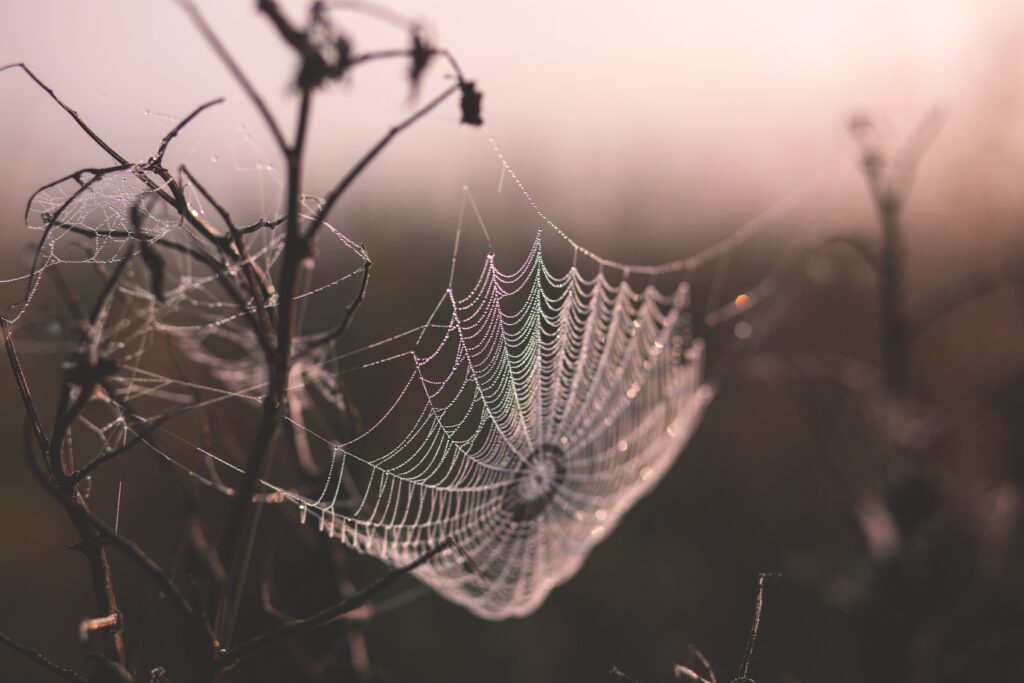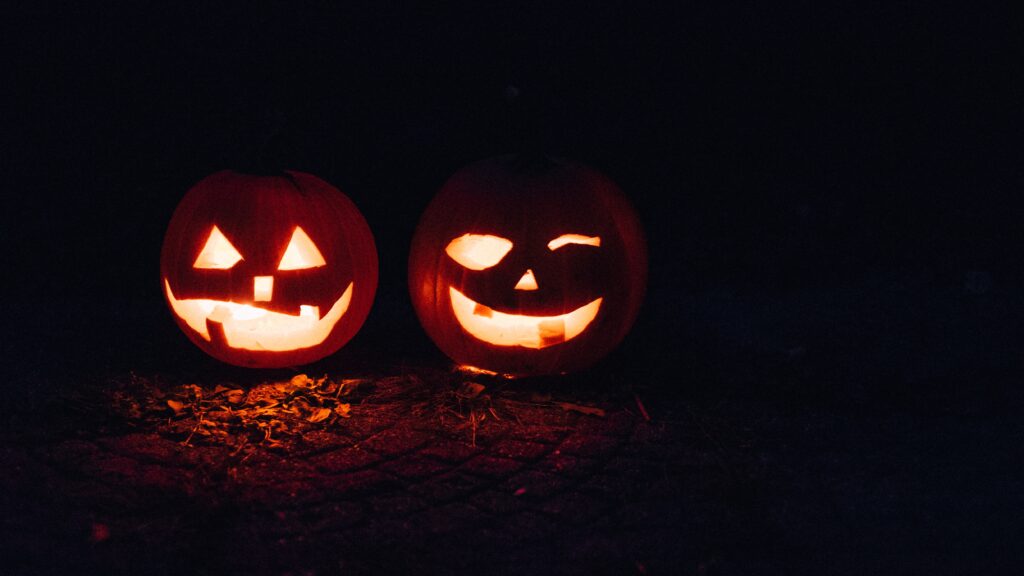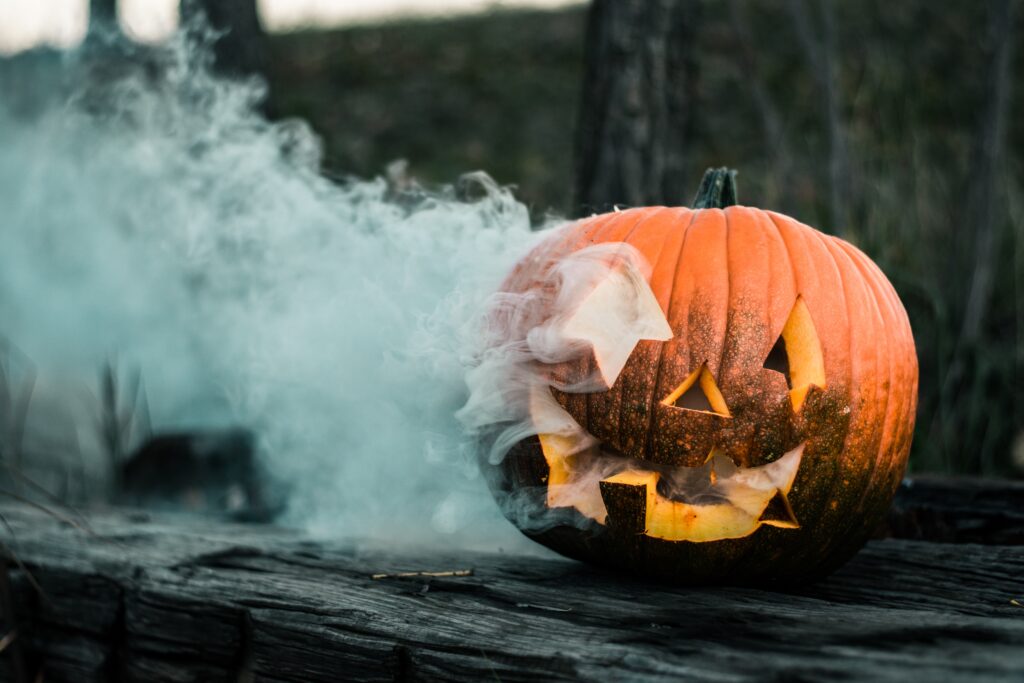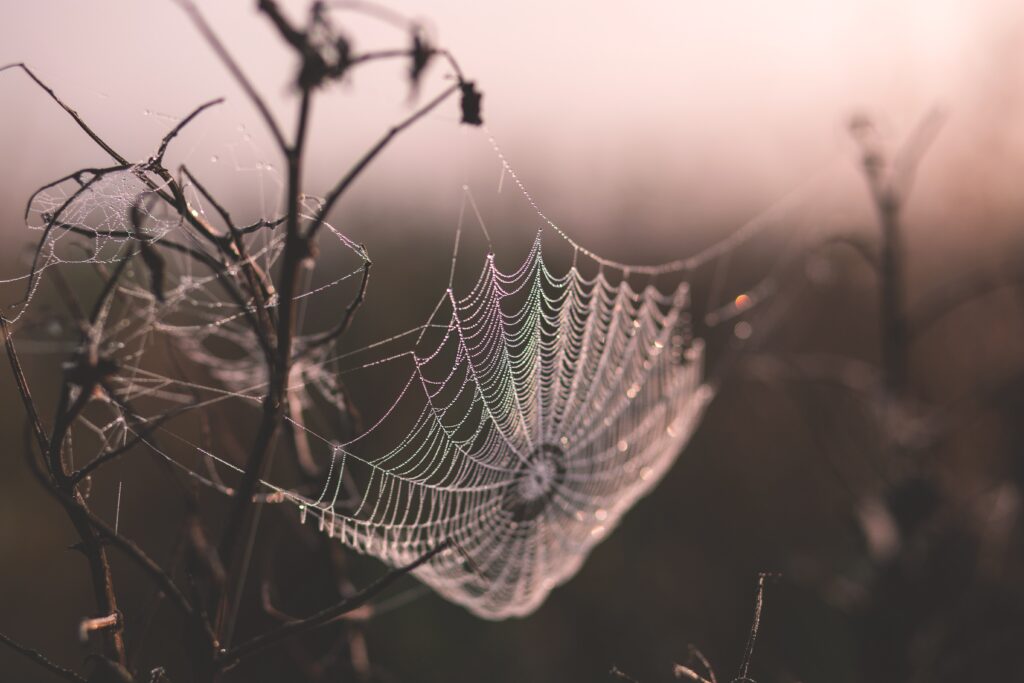The Science of Fear: Thrills, Chills and the Halloween Junkie’s Quake
If you’ve ever wondered why your heart beats fast when you see a ghost or when you hear a loud, scary noise, you’re not alone! “The Science of Fear: Thrills, Chills and the Halloween Junkie’s Quake” helps to explain just that. It’s all about how your body and brain react to things that scare you, like going through a spooky haunted house or watching a scary movie. It also talks about why some people – like those who just can’t get enough of Halloween – really enjoy feeling scared. It’s a fun and exciting adventure into understanding our own feelings, especially the thrills and chills we get from fear!
The Science of Fear: Why We Crave the Goosebumps
You might be wondering why we humans enjoy things that scare us, just like the strange enjoyment you get from hearing ghost stories around the campfire. Let’s dive into the science of why we like those little shivers of fear.
The Body’s Response to Fear
When you’re afraid, your body reacts in interesting ways. It’s like when you’re in the spooky portion of a storybook – your heart starts to beat faster, your breath quickens, and you might feel a bit jittery. This is all because your body thinks there is a danger, kind of like how a rabbit runs away when it sees a fox. Your body is preparing you to either fight the danger or run away from it!
The Thrill Factor in Fear
Fear can sometimes be a lot of fun, sort of like a ride on the biggest, fastest, most thrilling roller coaster. When we’re scared, our body releases chemicals in our brains that can make us feel excited and energized. That’s why you might laugh or want to do it again after a big scare!
Association of Fear with Pleasure
Fear and fun seem very different, but they can go together like peanut butter and jelly. This is because our brains often mix up the feelings of fear and enjoyment, especially when we know we’re safe. So, when you’re watching a scary movie or walking through a ‘haunted’ house, and start feeling excited or want more, it’s your brain getting its wires crossed between fear and fun.
Tricks of the Trade: How Haunted Houses and Horror Movies Play with Our Fear
The creators of horror movies and haunted houses are like ultimate pranksters. They use lots of tricks to make you feel scared.
The Use of Psychological Tactics
Just like when you trick your little brother or sister, haunted houses play tricks on your brain. They use things like dark corners, spooky sounds, and sudden surprises to make you expect something scary is about to happen.
Tapping into Universal Human Fears
Have you ever noticed that most scary stories include things like spiders, darkness, or creepy crawlies? That’s because nearly everyone is a little bit afraid of these things. These are what we call ‘universal fears’ – fears shared by most people.
The Art of Suspense and Unpredictability
Another trick is to keep you guessing about what’s going to happen next. It’s like playing hide and seek in the dark, never knowing where someone might pop out.

This image is property of images.unsplash.com.
The Allure of the Spooky: Unpacking the Popularity of Halloween
Let’s take a look at Halloween, one of the most popular and spooky holidays around!
Historical Significance of Halloween
Did you know that Halloween has been celebrated for thousands of years? It started with ancient people who believed that on this day, ghosts could walk around with the living.
Modern Interpretations and Celebrations
Today, Halloween is celebrated with costumes, candy, and all things spooky. Many people love Halloween for the chance to dress up, get a good scare, and of course, collect lots of candy!
Thrill Seeking Through Halloween Adventures
From trick or treating to haunted houses, Halloween is all about seeking out little frights and big fun. It’s like a giant playground where you can experience all sorts of tricks and treats!
The Fear Junkie: Why Some People Love a Good Scare
Just like how some people can’t resist the tallest rollercoaster, some people can’t get enough of scares.
Adrenaline Rush as an Addictive Factor
Why do people love roller coasters and haunted houses? One reason is the rush of adrenaline. Adrenaline is a bit like a superpower potion your body makes when you’re under stress or thrill – it makes you feel extra awake and alert!
Thrill-Seeking Personality Types
Did you know some people are like daredevils? These thrill-seekers aren’t just brave, they actually crave excitement and danger.
Fear as a Form of Entertainment
We all know that feeling of laughing after someone jumps out and surprises us; this is because fear can also be entertaining, especially when we know we’re safe really.

This image is property of images.unsplash.com.
The Neuroscience of Fear: What Happens in the Brain
What’s happening in your brain when you are scared?
The Amygdala’s Role in Fear Response
In your brain, there’s a little area called the amygdala that’s like a burglar alarm. When something scary happens, the amygdala tells your body to prepare for danger.
The Brain’s Reward System and Fear
Believe it or not, your brain can actually reward you for being scared! When you overcome a fear, your brain sends out feel-good chemicals, sort of like getting a gold star for bravery.
Neurological Differences in Fear Perceptions
Just like how every kid in your class is unique, everyone’s brain is different too! Some people’s brains might respond to scares by feeling excited, while others might feel more scared or worried.
Conditioned Fear: The Role of Upbringing and Experiences
How does fear get wired into our brains?
Impact of Childhood Experiences on Fear
Scary experiences when we are little can shape our fears when we’re grown-ups. It’s like how a scary dog might make a kid afraid of all dogs, even nice ones.
Role of Culture in Fear Perception
The culture we grow up in also plays a part in what we fear, like how some kids are taught to fear spiders or the dark.
Long-term Effects of Traumatic Experiences
Bad experiences can sometimes cause long-lasting fears. Some kids who go through tough times might grow up to be adults who are scared of similar situations.

This image is property of images.unsplash.com.
The Age of Fear: Impact of Media and Technology
How do modern things like movies and technology make us scared?
Influence of Horror Movies and Media
Scary movies and stories can make us think things are scarier than they really are, making us afraid of things that probably won’t happen.
Role of Technology in Fear Induction
Modern technology, like scary video games or virtual reality, lets us experience fear in new and intense ways. It’s a bit like being thrown into a spooky storybook.
Virtual Reality: The New Fear Frontier
New gadgets like virtual reality headsets can make scary games feel super real, like we’re right there inside the game!
Conquering Fear: From Fright to Delight
Feeling scared can sometimes be fun, but what about when it’s too much?
Fear Management Techniques
There are ways to deal with fear, like deep breathing or talking about it. It’s a bit like turning on a flashlight in a dark room – it’s not so scary anymore!
Transforming Fear into Enjoyment
Believe it or not, we can learn to enjoy the things that scare us. It’s a little like how you might love the biggest slide at the playground, even if it’s a little scary at first.
Examples of Fear Overcoming Successes
Just like how you learned to ride a bike or swim, lots of people learn to overcome their fears every day. Maybe they were afraid of heights and climbed a tall tree, or maybe they were afraid of dogs and met a friendly one.
The Dark Side of Fear: When It Becomes a Problem
But what happens when fear gets too much?
Phobias and Related Disorders
Sometimes, fears can become phobias, which means being really, really scared of something. But don’t worry, there are people who can help with that.
Professional Help for Fear-Related Problems
Just like you would go to a doctor for a tummy ache, there are special doctors who can help with fears and phobias too.
Debunking Common Fear Myths
There are many myths about fear, like the idea that you should always avoid what scares you. But hey, facing your fears can sometimes be the best thing to do!
The Halloween Junkie Take
And now let’s take a look at why Halloween is the perfect holiday for those who love a good scare.
Why Halloween is a Season for Fear Junkies
Halloween is like a playground for those who love fear because it’s a time for spooky movies, creepy costumes, haunted houses, and so much more.
Personal Experiences of Halloween Junkies
Every fear junkie has a story about that one unforgettable Halloween scare. Maybe it was the time they trick-or-treated at the scariest house on the block or that haunted house that gave them a fright they’ll always remember.
The Joy of Fear: Fun and Frights on Halloween
Halloween shows us that fear can be fun. So, get your costume ready, carve a jack-o’-lantern, and get ready for a night of scares because Halloween is almost here and it’s going to be a frightfully good time!
The Science of Fear: Thrills, Chills and the Halloween Junkie’s Quake Read More »

